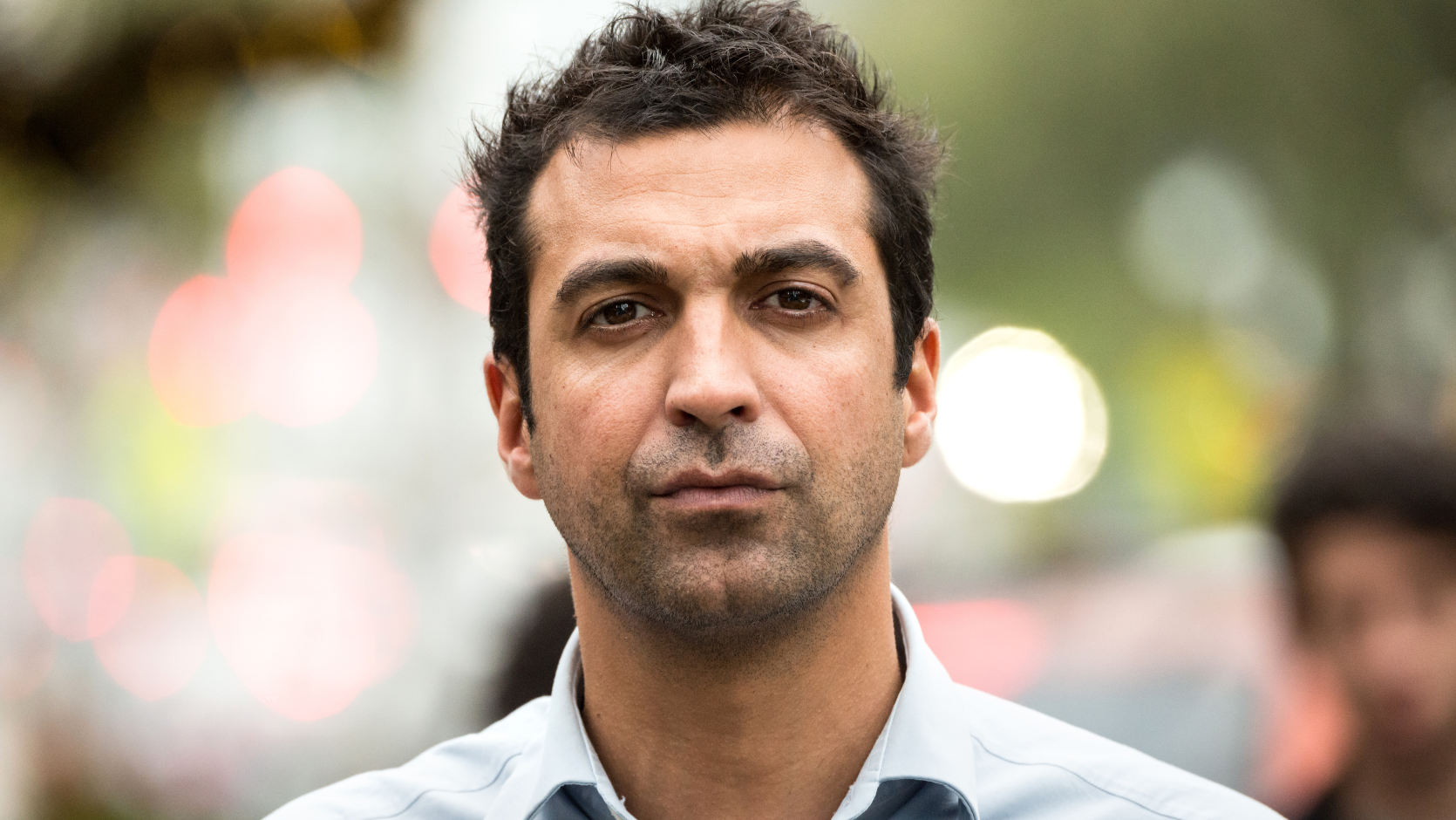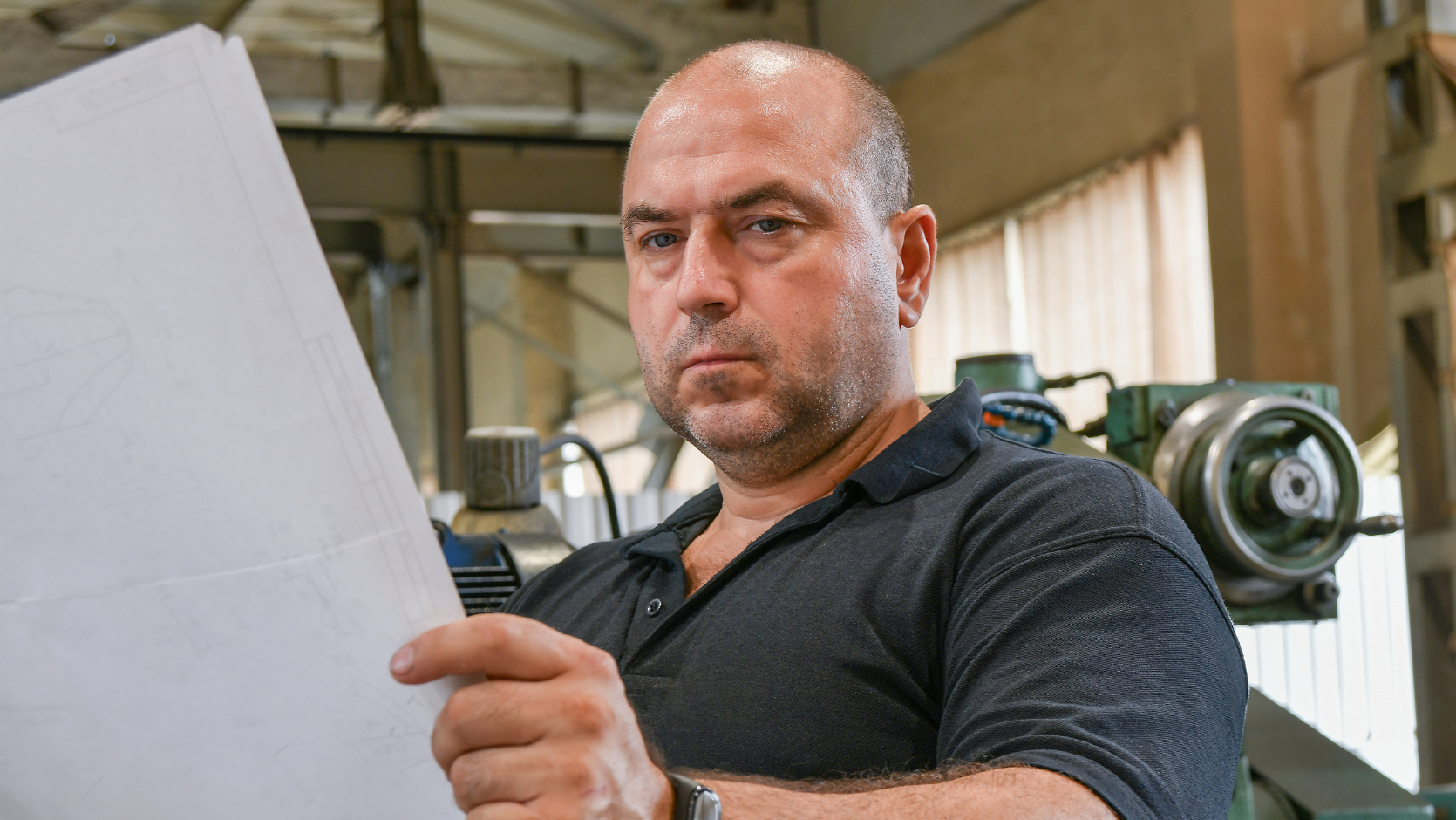The Facts
Will divides estate equally between two siblings
A case heard in the NSW Supreme Court concerned a battle between two siblings over a self-managed superannuation fund which had been established by their late father.
When the father died, the fund had approximately $1 million in assets. In his will, the father left his estate to be divided equally between his two children, who were an adult daughter and a young son.
The father’s will appointed his adult daughter the sole executor of his estate, as his son was too young to be a co-executor.
Daughter distributes assets of superannuation fund to herself, excluding her brother
Before his death, the father also appointed his daughter as the sole trustee of his self-managed superannuation fund.
Despite her late father’s wish that his wealth be shared equally between his daughter and his son, the daughter distributed all of the $1 million in the self-managed superannuation fund to herself, to the exclusion of her young brother.
Was the daughter entitled to do this?














Expert commentary on the court's decision
Daughter legally able to exercise trustee’s discretion in distributing death benefit
The decision in Katz v Grossman [2005] NSWSC 934 is one which may seem to defy notions of justice and common sense.
The NSW Supreme Court decided this case in favour of the daughter, Linda Ann Grossman, rejecting the arguments of her brother, Daniel Frank Katz.
The court determined that despite the father’s will stating that his two children were to share equally in his estate, Ms Grossman, who was executrix of her father’s will and who controlled the trustee of her father’s self-managed superannuation fund, was indeed legally able to exercise the trustee’s discretion given in the trust deed and distribute the whole of the $1 million death benefit to herself, to the exclusion of her brother.
Appointment of daughter and her husband as trustees held to be valid
The court held that under section 6(4)(b) of the Wills, Probate and Administration Act 1898, the father was entitled to appoint his daughter as a new trustee following the death of his wife, who was a trustee of the fund from September 1983 until she died in July 1998. The court also found that the daughter, in turn, was entitled to appoint her husband as an additional trustee of the fund.
The son had argued that the original deed setting up the fund in 1965 specified that it was for the benefit of employees of the father’s company and because his sister had never been an employee of any of the companies which contributed to the fund, she was not eligible to be a member of the fund.
The daughter’s counterargument – which was upheld by the court – was that the original deed had been amended in 1995 and under the new deed it was no longer a requirement for a fund member to be an employee.
Making a binding death benefit nomination to avoid unintended consequences
The outcome of this case would have been avoided if the father had left a binding death benefit nomination providing that his death benefit should be divided in the same manner as stated in his will, that is, equally between his two children.